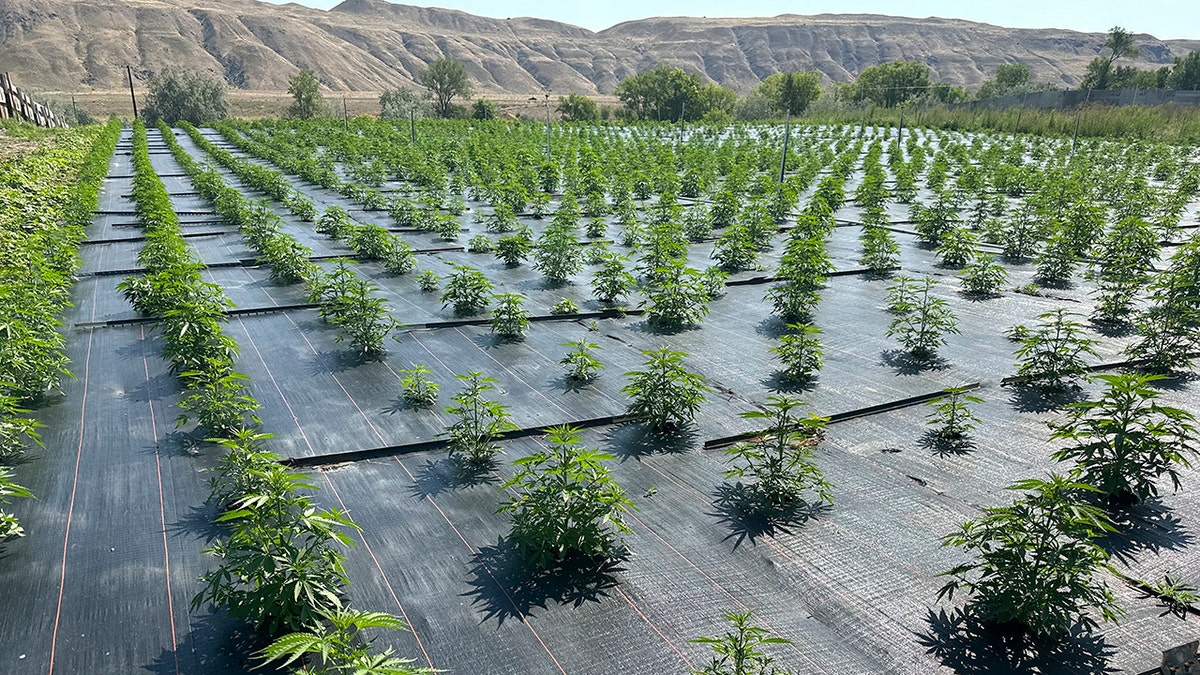Several marijuana farms in north-central Washington state are resuming operations after a state-mandated shutdown due to the presence of DDE, a chemical related to the banned pesticide DDT, in their products. The affected farms, located on former fruit orchards where DDT was historically used, are implementing measures to mitigate the contamination with state financial assistance. Growers are installing landscape fabric, upgrading dirt roads to crushed rock to minimize dust, and replacing soil to prevent further contamination. The Washington Liquor and Cannabis Board lifted the operational holds after these measures were implemented and announced increased pesticide testing for cannabis from the region.
The halt, which began in April, significantly impacted growers like Terry Taylor, who operates Okanogan Gold and Kibble Junction. Taylor reported a drastic income reduction and substantial staff cuts, highlighting the financial strain the shutdown placed on these businesses. The contamination discovery followed routine product testing by state regulators, which revealed unacceptable levels of DDE. Although the growers themselves did not use the pesticide, its residual presence in the soil posed a contamination risk.

The incident underscores a growing concern regarding pesticide contamination in the legal cannabis industry nationwide. Cases of contaminated cannabis have surfaced in states like Vermont and Nevada, leading to product recalls and health advisories. Due to the varying legal status of marijuana across states, regulations on pesticide use and permissible levels in cannabis products differ significantly, making it difficult to establish consistent safety standards. The Washington state incident raises questions about the effectiveness of existing regulations in preventing legacy pesticide contamination.
The discovery of DDE in Washington's cannabis products prompted a recall of affected products and an investigation into the source of contamination. While the exact cause remains unclear, potential sources include dust from the former orchard soil and wildfire smoke. The Washington state legislature has allocated funds to support remediation efforts, including soil improvement and research into cannabis plants' absorption of toxins, the transfer of toxins to cannabis products, and the costs associated with alternative growing methods like using pots or extensive soil cleanup.
The situation highlights the complex challenges facing the cannabis industry, particularly in areas with a history of pesticide use. Balancing public health concerns with the economic viability of cannabis businesses requires ongoing research, robust regulations, and collaborative efforts between growers and regulators. The long-term effects of DDE exposure are still being studied, but existing research suggests potential links to premature birth and respiratory issues, adding urgency to the need for effective prevention and mitigation strategies.







